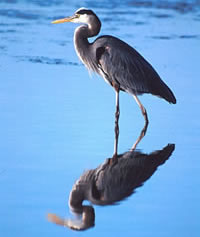THE IDEA OF THE HIMALAYAS
High on the desolate ice flats of the Himalayas, I imagine, there lives a yogi – an ascetic, a sadhu, a sannyasi. He lives in an ice cave, and thrives on some tubers he digs from beneath the ice. The ice is purity. The yogi is the genuine article – he has left the human society behind. He does not want anyone’s recognition or respect or attention. He has nothing to teach or preach or prove. What happens here is between him, and the land, and the sky. If he is in fact communing with the gods up here, nobody knows and so nobody questions and nobody doubts. Up here, nothing changes except the day, the season, the length of the yogi’s beard. So what else happens up here?
Someone, I imagine, is able to reach him one day and ask him that concise single question, designed to elicit the maximum response: What is the journey?
The man, I imagine, is initially irate at his space being invaded, but eventually relents to answer – so at least the questioner would leave. He answers:
There is a place of beginnings and there is a place of ends. The journey takes place between them. Between them there are places that are ongoing – like bustling caravanserais. When you are in an ongoing place, then your journey is not purely your own – it is also the journey of the place. If you are in the place of beginnings, then the journey is ahead of you. If you are in the place of ends, the journey is behind you. So the answer to your question is the question itself, if only you will slightly modify it: What is the pure journey?
Someone, I imagine, is able to reach him one day and ask him that concise single question, designed to elicit the maximum response: What is the journey?
The man, I imagine, is initially irate at his space being invaded, but eventually relents to answer – so at least the questioner would leave. He answers:
There is a place of beginnings and there is a place of ends. The journey takes place between them. Between them there are places that are ongoing – like bustling caravanserais. When you are in an ongoing place, then your journey is not purely your own – it is also the journey of the place. If you are in the place of beginnings, then the journey is ahead of you. If you are in the place of ends, the journey is behind you. So the answer to your question is the question itself, if only you will slightly modify it: What is the pure journey?

